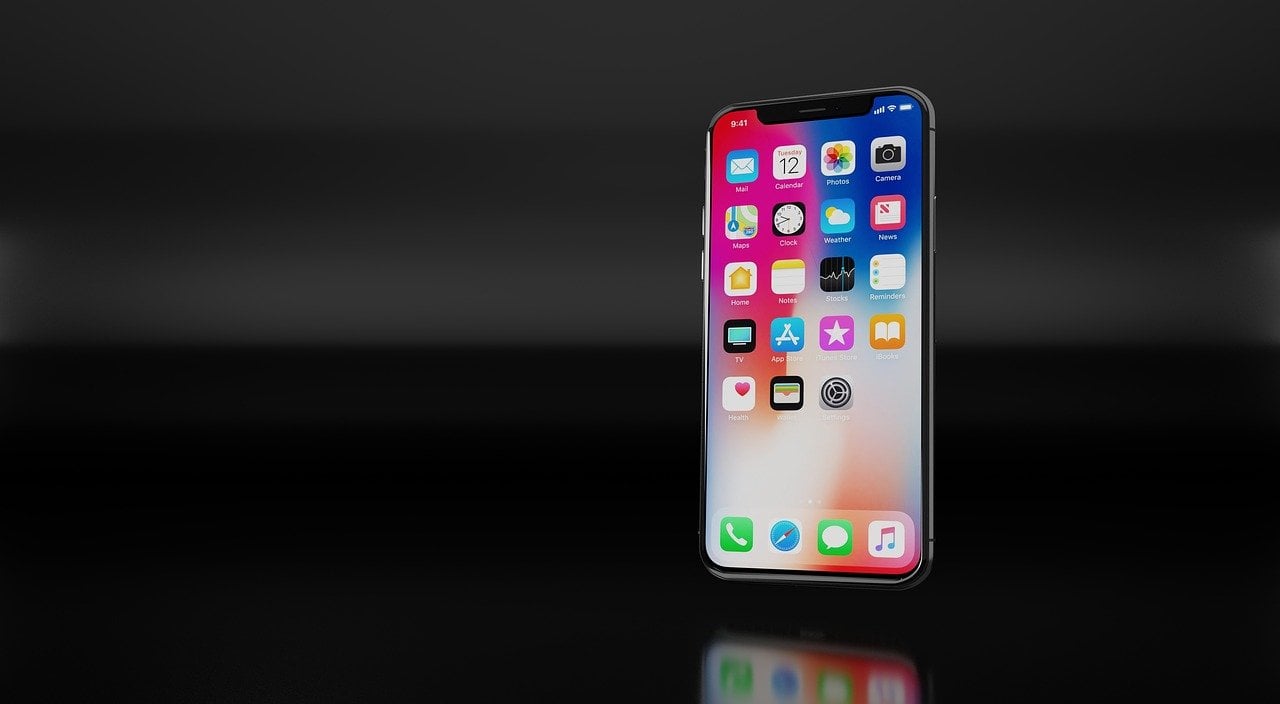The iPhone X camera is wonderful. In fact, it is one of the biggest selling points of Apple’s most expensive smartphone. In a patent infringement lawsuit filed on Monday, an Israeli startup has accused Apple of violating two of its patents to create the iPhone X camera array. The same suit also targets the iPhone 7 Plus and iPhone 8 Plus, both of which have a dual camera system similar to the anniversary iPhone.
The lawsuit related to the iPhone X camera was filed by Israel-based Corephotonics (via Apple Insider) on Monday in the Northern California District Court. The Israeli camera specialist firm has alleged that Apple infringed upon two of its patents related to the “Miniature Telephoto Lens Assembly” for its dual camera smartphones. Corephotonics was founded in 2012.
The Israeli company noted that its dual aperture, fixed focal length camera technology creates a miniature telephoto lens small enough to fit in a smartphone’s camera module. Its technology uses both the wide-angle and telephoto lenses to create a combination of optical and digital zoom using algorithms. The result is a higher resolution image with a lot of details. Corephotonics tightly integrates its hardware designs with algorithms to ensure that users can easily switch between the two camera modules.
Apple’s first smartphone with dual cameras, the iPhone 7 Plus, had a “nearly identical set of features,” notes Apple Insider. In its latest lawsuit, Corephotonics describes its interactions with Apple leading up to the iPhone 7 Plus release. Apple executives first approached the company in 2012 to review its intellectual property related to multi-lens camera systems. The Cupertino company then sent its hardware and software teams to Tel Aviv to study Corephotonics’ prototype components and its optical processing methods.
By June 2014, Apple wanted to license the company’s dual camera algorithms and proposed to discuss a business deal. At the time, the iPhone maker had also requested a prototype telephoto lens. The two companies failed to strike a deal until August 2016 – just a month before the iPhone 7 Plus launch – when Apple expressed interest in signing a business agreement. But the agreement was never signed.
The Corephotonics team was in for a big surprise when they examined the iPhone 7 Plus dual camera system. The Israeli firm believed it had violated two of its patents. Apple also allegedly infringed upon the same patents with the iPhone X camera setup. In its lawsuit, Corephotonics has named the iPhone X, iPhone 8 Plus, and iPhone 7 Plus as accused products. The startup has sought damages, court fees, and a permanent injunction against further sales of these products.
Separately, another company named Alert Signal Intellectual Property has filed a lawsuit against Apple targeting the Do Not Disturb While Driving feature in iOS 11. The suit was filed on Monday in the Eastern Texas District Court. The feature blocks texts and notifications when the velocity of the iPhone matches the speed of a vehicle in motion. It allows only messages marked “urgent” to go through. All calls are blocked except from people in your ‘Favorites’ list or if the same person calls twice in a short period of time.
Alert Signal claims Apple’s Do Not Disturb While Driving feature infringes upon four of its patents related to disabling notifications based on smartphone velocity. The patents in question describe the use of a velocity sensor to determine the speed of a phone. If the speed is similar to that of a moving car, it will automatically disable the notifications. The feature is disabled automatically when the velocity comes down to normal speeds. Alert Signal has sought interest, court fees, and damages.
Lawsuits aside, the iPhone X is selling much lower than Wall Street expectations due to its high price tag. Sources recently told Fast Company that Apple had asked its suppliers to produce only 8 million iPhone X units in the April-June quarter as it looks to burn off the inventory that has piled up at resellers. Apple’s main suppliers including TSMC, Samsung Display, and AMS have offered dismal guidance.
GBH Insights analyst Daniel Ives said in a research note that the Wall Street was in “full panic mode” ahead of Apple’s quarterly earnings call on May 1. Barclays analyst Mark Moskowitz said the iPhone X price “likely alienated many users.” Analysts on average expect Apple to have sold 53 million iPhones in the January-March quarter, up from 50.8 million units sold in the same quarter a year ago. However, Apple’s revenue is expected to jump a healthy 15% YoY to $61 billion due to the higher price of the iPhone X.
The Cupertino company is also expected to unveil a plan to return $100 billion to $150 billion to shareholders. But the capital return program is likely to be overshadowed by the iPhone sales numbers.





